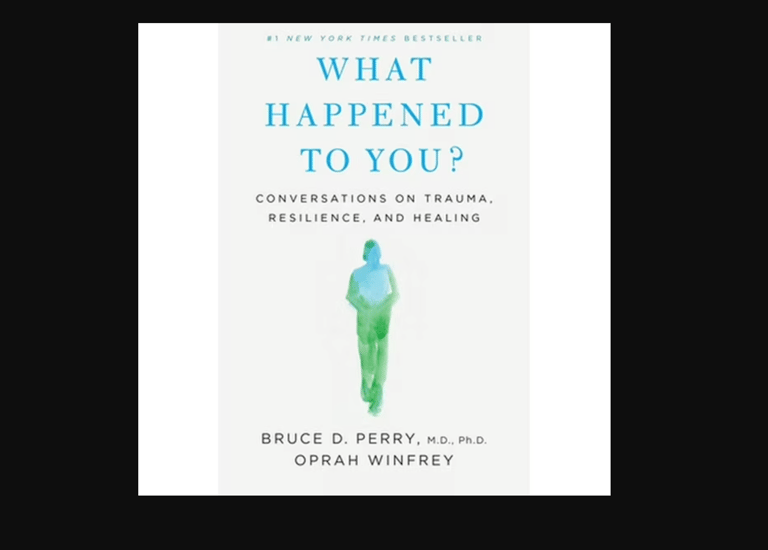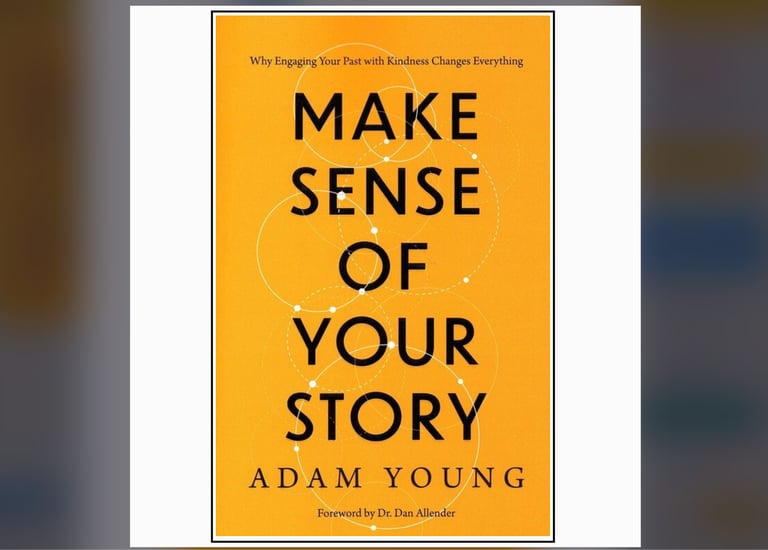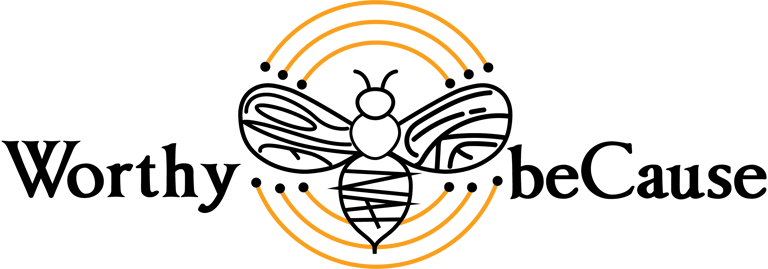Recommended Sources
Good Reads
Title: Make Sense of Your Story: Why Engaging Your Past with Kindness Changes Everything
Author: Adam Young Baker Publishing
Publication Date / Details: March 4, 2025
What It’s About
The book is a Christian / self-help work by a trauma therapist (Licensed Clinical Social Worker) whose goal is to help readers explore and make sense of their past in order to live more fully in the present.
Young argues that many people struggle even after reading books, attending workshops, or talking to therapists, because they’ve never truly “engaged” with their own story—how their past shaped them.
The premise is that our experiences shape our brains, which in turn shape how we see life now; understanding that connection is essential to transformation and healing. Baker Publishing
Key Themes & Content
Young guides readers to examine various “stories” or narrative threads in their lives, including:
Family of origin: how early family influences inform beliefs, patterns, and emotional responses.
Body story: how our physical selves and experiences with our bodies carry meaning and influence well‑being.
Sexual story: how sexual history, culture, identity, and perhaps trauma shape identity and relationships.
Cultural story: how broader societal, ethnic, or cultural narratives feed into one's sense of self and worldview.
Story with God / spiritual story: engaging faith, disappointment, hope, and how one’s understanding of God interacts with personal narrative.
A central aspect is doing this with kindness rather than judgment—meaning a posture of curiosity, compassion, and gentleness toward one’s own past. Connect to Baker Publishing to purchase a copy today!






Resource Center
Tools and guidance for ongoing mental health support.




Title: What's Wrong With You? Conversations on Trauma, Resilience, and Healing
Authors: Dr. Bruce D. Perry & Oprah Winfrey.
Published: 2021
What It's About
The book explores how trauma, especially early in life, shapes how people think, feel, react, and relate to others, often in ways that persist into adulthood. It argues for shifting from the question “What’s wrong with you?” to “What happened to you?” — recognizing that many behaviors, difficulties, or “symptoms” are adaptations or responses to experiences rather than defects. It provides insight into human development, how early relationships and experiences physically shape the brain and nervous system, how trauma shows up (often in surprising or hidden ways), and ways in which healing and resilience are possible.
Key Themes & Concepts
Here are some of the major ideas in the book:
Early Development & Brain Architecture
The structure of the brain develops in layers, starting with more primitive systems (survival, emotion) before moving toward higher cognitive functions. Experiences in early childhood strongly influence how those systems are wired.Trauma’s Long Reach
Trauma isn’t only about single big events—it also includes neglect, chronic stress, inconsistency in caregiving.Stress, Regulation, and Dysregulation
How people regulate emotional / physiological stress is key. Trauma often disturbs regulation: so things like hypervigilance, overwhelming emotions, shutting down, difficulty calming oneself, all relate to how well regulation has been supported (or not) in early life.Relational Health & Connection
Relationships matter enormously— Safe, responsive caregiving or meaningful relationships later in life can help rewire or restore regulatory systems.Healing & Resilience
Healing involves more than talk therapy; it often includes rhythm, movement, rituals, safe environments, predictable relationships.
Support for unexpected recovery expenses and transitions.
Good Reads
Frequently Asked Questions
What support do you offer?
We provide financial assistance for those in recovery facing unexpected challenges.
Who can apply for assistance?
Individuals transitioning to lower care levels or seeking ongoing mental health or addiction treatment can apply.
How can I apply?
You can apply through our website by filling out the application form for financial support.
What is your eligibility criteria?
Eligibility includes being in recovery and facing financial hardships during treatment transitions.
Is there a deadline to apply?
There is no strict deadline; we encourage timely applications as funds are limited.
Can I receive ongoing support?
Yes, in certain circumstances we offer ongoing support for individuals who continue to face financial challenges during their recovery journey.
Support
Helping human beings overcome financial challenges in recovery.
© 2025. All rights reserved.
